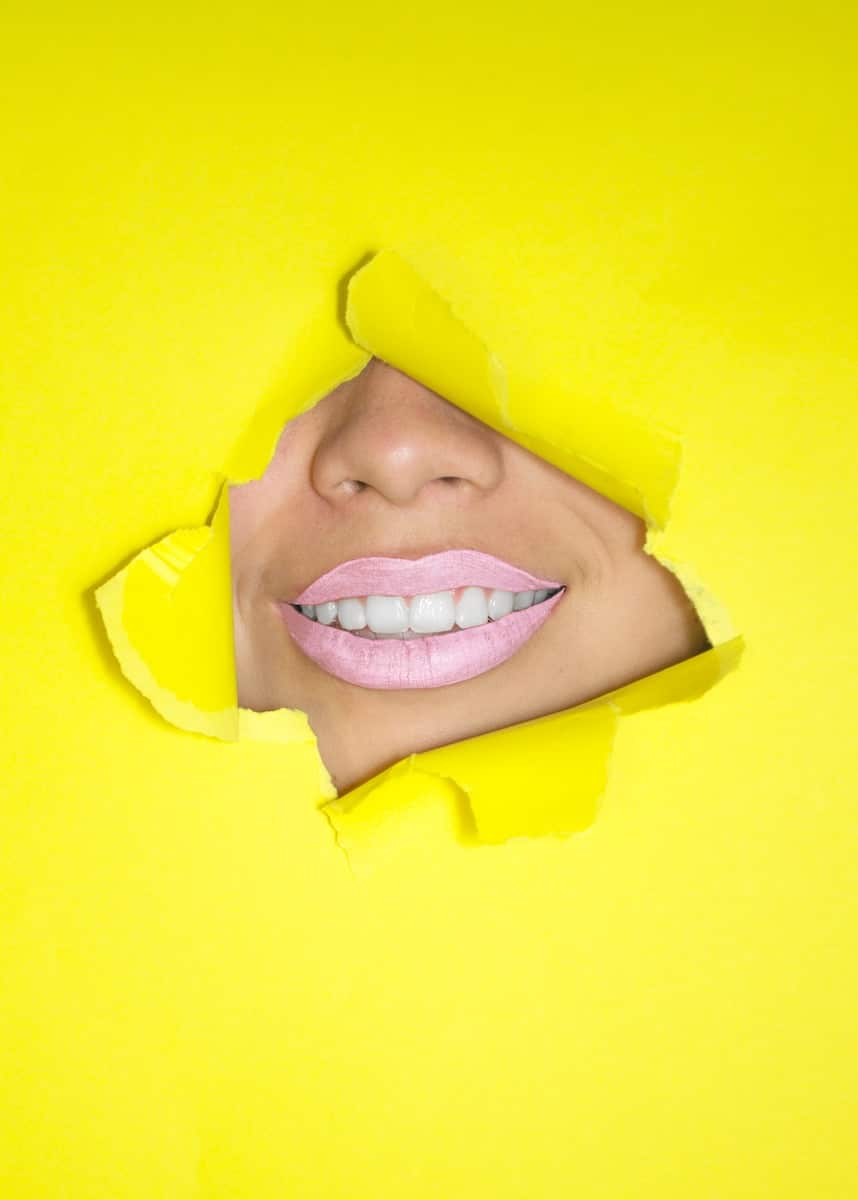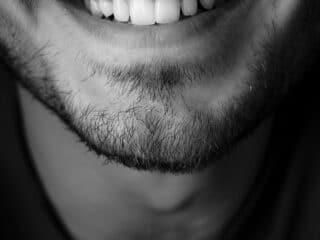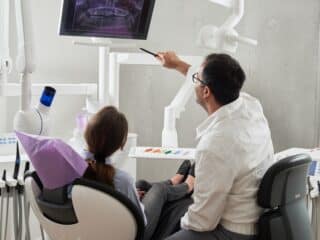
1. Eating Acidic Foods
Acidic foods can cause serious damage to your teeth. The acid in these foods can eat away at your tooth enamel, causing it to become weak and brittle. This can lead to cavities, tooth decay, and eventually tooth loss. If you enjoy eating acidic foods, be sure to brush your teeth afterward to remove the acid from your teeth.
Some acidic foods to watch out for include: citrus fruits, tomatoes, vinegar, and soda. Try to avoid eating them too often or brush your teeth immediately afterward. Additionally, try to consume more alkalizing foods like leafy greens and dairy products, which can help offset the acidity in your diet.
2. Not Brushing Enough
Not brushing your teeth enough is one of the worst things you can do for your oral health. When you don’t brush, plaque and bacteria build up on your teeth and gums, leading to cavities, gum disease, and bad breath. In fact, 96% of people over the age of 65 have had a cavity, whereas one in 5 has untreated decay.
To remove plaque and bacteria, be sure to brush your teeth at least twice a day – once in the morning and once at night. If you’re having trouble remembering to brush your teeth, set a reminder on your phone or keep your toothbrush in a visible place. You should also ensure you use the right toothbrush. Use one that’s soft enough to not damage your teeth and gums but firm enough to remove plaque.
3. Chewing on Hard Objects
Chewing on hard objects is another bad habit that can damage your teeth. When you chew on hard objects, you’re putting stress on your teeth, leading to chips, cracks, and breaks. Chewing on hard objects can also cause tooth decay by wearing down the enamel on your teeth.
Some common hard objects people chew on include: ice, nails, and pencils. If you have a habit of chewing on hard objects, be sure to stop; it’s not worth damaging your teeth.
If you want something to chew on, try chewing gum instead. Chewing gum can actually help improve your oral health by stimulating saliva production and cleaning your teeth. Just be sure to choose sugar-free gum to avoid damaging your teeth.
4. Smoking
Smoking is one of the worst things you can do for your oral health. It increases your risk of gum disease, tooth decay, and mouth cancer. In fact, smokers are six times more likely to develop gum disease than non-smokers.
Smoking also stains your teeth and causes bad breath. If you smoke, it’s important to quit not only for your oral health but also for your overall health. There are many resources available to help you quit smoking, so there’s no excuse not to try.
5. Not Visiting the Dentist Regularly
Not visiting the dentist regularly is one of the worst things you can do for your oral health. When you don’t see the dentist, problems like cavities, gum disease, and tooth decay can go undetected. This can lead to serious damage to your teeth and gums.
It’s important to visit the dentist every six months for a routine cleaning and checkup. If you have any concerns, be sure to bring them up with your dentist so they can help you address them.
6. Grinding Your Teeth
Grinding your teeth is another bad habit that can damage your teeth. When you grind your teeth, you’re putting stress on them, leading to chips, cracks, and breaks. Additionally, grinding your teeth can wear down the enamel on your teeth, making them more susceptible to decay.
According to the global Foundation for Oral Rehabilitation (FOR), almost 69% of adults aged 35-44 have lost at least one permanent tooth. This is often because of accidents, tooth decay, and gum disease. Plus, more than a quarter of people over the age of 74 have lost all their permanent teeth. While you can’t always prevent accidents, there are many things you can do to protect your teeth from decay and gum disease. By following the six tips above, you can help keep your teeth healthy and avoid costly dental problems in the future.



